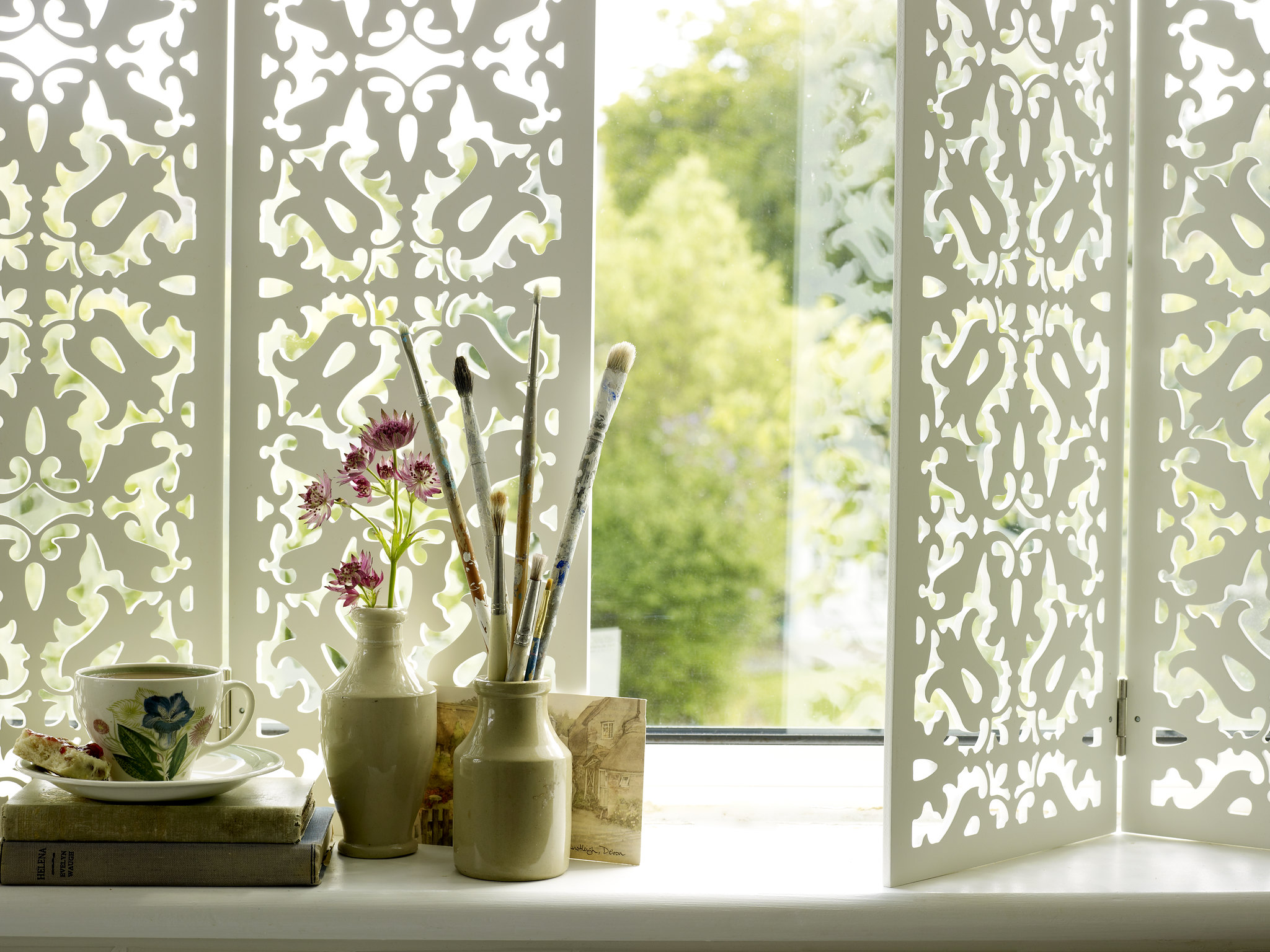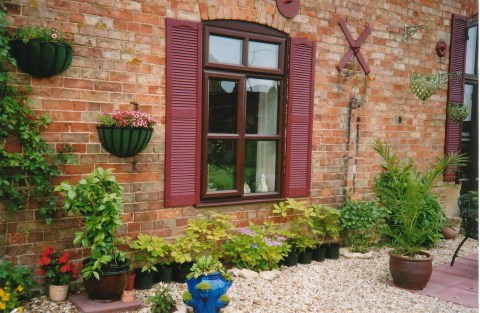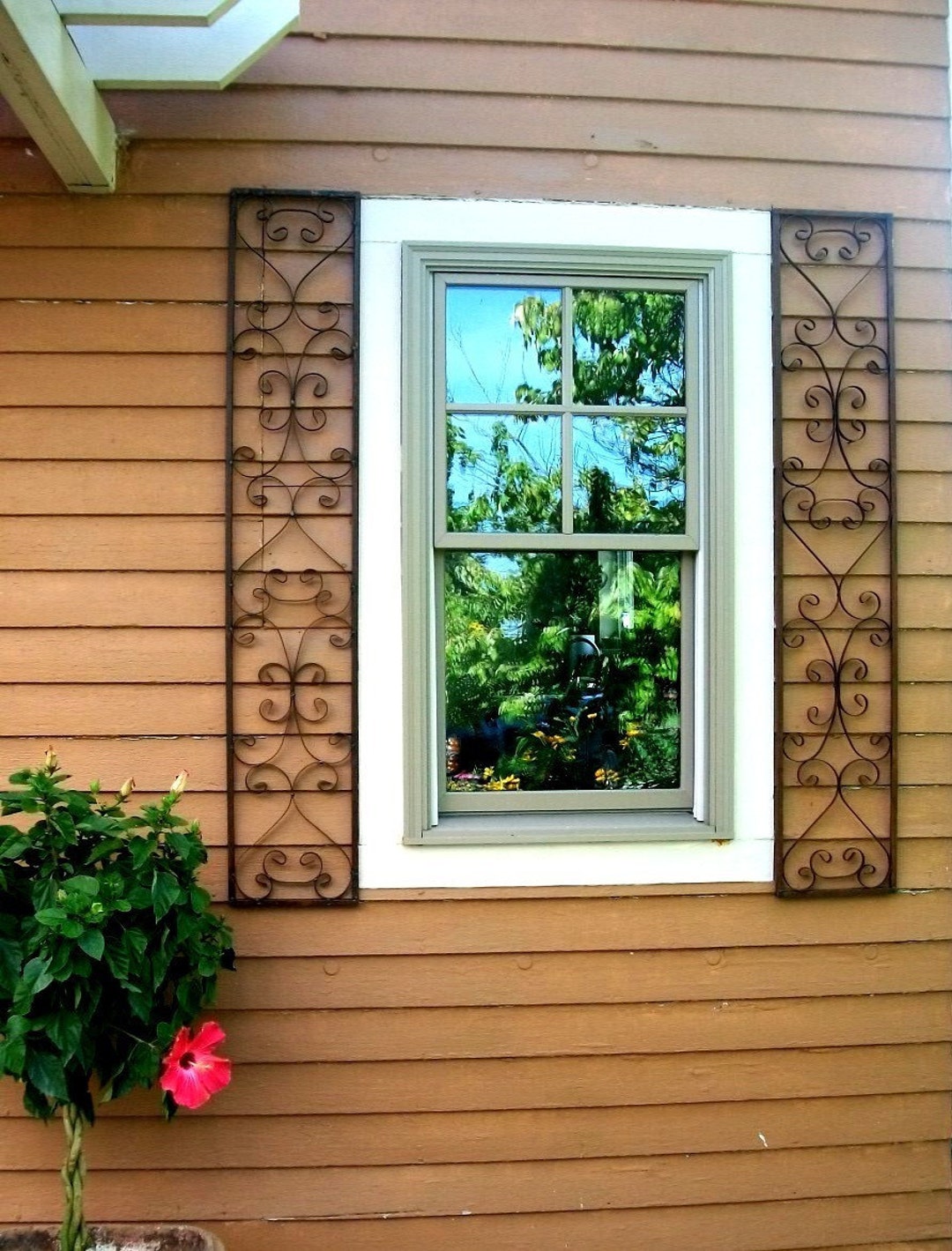Introduction to Decorative Shutters
Decorative shutters for windows are more than just a design element; they are a fantastic way to enhance the curb appeal of your home while providing functionality and privacy. As someone who has invested time and resources into beautifying my home, I can attest that the right shutters can transform an ordinary house into a stunning visual masterpiece. In this guide, we will explore the different types of shutters available, their benefits, installation tips, and everything you need to know to make an informed choice.
Understanding Different Types of Decorative Shutters
There is a wide variety of decorative shutters to choose from, each with unique features and aesthetics. Below, we break down the most popular types:
1. Board and Batten Shutters
Board and batten shutters are characterized by vertical boards with horizontal battens, giving them a rustic look. They are often made from solid wood or composite materials and work well with traditional and farmhouse-style homes.
2. Louvered Shutters
Louvered shutters have slats that can be adjusted for ventilation and light control. These are a common choice for colonial-style homes and come in various materials, including wood, vinyl, and composite.
3. Raised Panel Shutters
With a more formal and elegant appearance, raised panel shutters feature a central panel that is framed by a border. They are suitable for classic-style homes and are available in various materials and colors.
4. Café Style Shutters
Café style shutters cover only the bottom half of the window, allowing for privacy while still letting in natural light. They are an excellent choice for kitchens and dining rooms.
5. Bermuda Shutters
Bermuda shutters, also known as Bahama shutters, are hinged at the top and can be opened to provide shade. They are often used in tropical climates and can add a unique touch to your home’s exterior.

6. Exterior Rolling Shutters
Rolling shutters can provide security and protection from the elements. They can be automated, making them convenient for homeowners looking for a blend of style and functionality.
Benefits of Installing Decorative Shutters
Beyond aesthetics, decorative shutters offer numerous benefits that make them a worthwhile investment. Here are some notable advantages:
1. Enhanced Aesthetic Appeal
Shutters can dramatically improve the look of your home, providing character and charm. They can be painted or stained to match your exterior, enhancing overall curb appeal.

2. Increased Property Value
Upgrading your home with decorative shutters can increase its market value, making it more attractive to potential buyers. A well-designed exterior speaks volumes about the quality of the home.
3. Improved Energy Efficiency
Functional shutters can help regulate indoor temperatures by blocking sunlight during the hottest months and retaining heat during colder months, ultimately reducing energy bills.

4. Enhanced Privacy and Security
Shutters can provide an extra layer of security and privacy for your home. Depending on the material and style, they can deter potential intruders and shield your indoor spaces from prying eyes.
5. Protection Against Weather Elements
High-quality shutters can protect windows from harsh weather, reducing the risk of damage from storms, hail, or intense sunlight.

Materials Used in Decorative Shutters
Choosing the right material for your decorative shutters is crucial for their durability and appearance. Below are some popular materials:
1. Wood
Wood is a classic choice for shutters providing a natural look and feel. However, it requires regular maintenance to prevent rot and fading.

2. Vinyl
Vinyl is a low-maintenance option that resists fading and weather damage. Available in various colors, it’s an excellent choice for busy homeowners.
3. Composite
Composite materials combine the best of both worlds, offering the look of wood with added durability and less maintenance. They can withstand harsh weather conditions.

4. Aluminum
Aluminum shutters are lightweight and highly durable. They offer excellent protection against the elements and are often used in commercial applications.
5. Fiberglass
Fiberglass is a durable and weather-resistant option, often resembling wood while requiring minimal upkeep.
Installation Tips for Decorative Shutters
Before you rush out to buy shutters, it’s crucial to consider proper installation for the best results. Here are some practical tips based on my personal experience:
1. Measure Correctly
Start by measuring your windows accurately. Take height and width measurements at multiple points to ensure a perfect fit.
2. Choose the Right Hardware
Your choice of hardware, such as hinges and fasteners, can affect both functionality and aesthetics. Select rust-resistant options for durability.
3. Follow Installation Instructions
Always follow the manufacturer’s installation guidelines. If you’re unsure, consider hiring a professional to ensure proper installation.
4. Consider Functionality
Decide if you want your shutters to be purely decorative or functional. This will influence the type of hardware and mounting method you choose.
Comparison Table of Different Shutter Types
| Shutter Type | Aesthetic Appeal | Functionality | Material Options | Price Range |
|---|---|---|---|---|
| Board and Batten | Rustic | Decorative/Functional | Wood, Composite | $$ |
| Louvered | Traditional | Functional | Wood, Vinyl, Composite | $$$ |
| Raised Panel | Elegant | Decorative/Functional | Wood, Vinyl | $$$ |
| Café Style | Charming | Functional | Wood, Composite | $$ |
| Bermuda | Unique | Functional | Wood, Composite | $$$ |
| Exterior Rolling | Modern | Functional | Aluminum, Vinyl | $$$$ |
Pros and Cons of Decorative Shutters
As with any home improvement project, decorative shutters come with their own set of advantages and disadvantages. Let’s break them down:
Pros
- Enhanced Appearance: Elevates the look of your home.
- Versatile: Available in various styles and materials to match any design.
- Functional: Can provide ventilation, privacy, and security.
- Customizable: Can be painted or stained to fit your aesthetic.
- Increased Value: Can improve the resale value of your home.
Cons
- Cost: High-quality shutters can be expensive.
- Maintenance: Some materials require regular upkeep to maintain their appearance.
- Installation: Incorrect installation can lead to further expenses or damage.
- Limited Functionality: Some decorative options may not offer practical benefits.
Where to Buy Decorative Shutters
Finding the perfect decorative shutters can be as simple as visiting local home improvement stores or browsing online retailers. Here are a few reliable options:
1. Home Improvement Stores
Stores such as Home Depot and Lowe’s offer a variety of styles and materials, allowing you to see the shutters in person.
2. Specialty Shutter Retailers
Consider visiting local specialty stores that focus solely on window treatments. They often provide custom options and expert advice.
3. Online Retailers
Websites like Wayfair and Amazon have extensive selections, often with customer reviews to help gauge quality and satisfaction.
Frequently Asked Questions (FAQs)
1. What are decorative shutters made of?
Decorative shutters can be made from various materials, including wood, vinyl, composite, aluminum, and fiberglass. Each material has its benefits and drawbacks.
2. Are decorative shutters worth it?
Yes! In addition to enhancing your home’s aesthetic appeal, decorative shutters can add value, improve energy efficiency, and increase privacy and security.
3. Can I install shutters myself?
While it’s possible to install shutters yourself, it’s often best to hire a professional for a perfect fit and finish, especially for functional shutters.
4. How do I maintain my decorative shutters?
The maintenance required depends on the material. Wooden shutters may need repainting or staining every few years, while vinyl options are usually less maintenance-intensive.
5. How much do decorative shutters cost?
The cost can vary widely, depending on materials, style, and size. Generally, you can expect to pay anywhere from $50 to $300 per shutter, with premium options being higher.